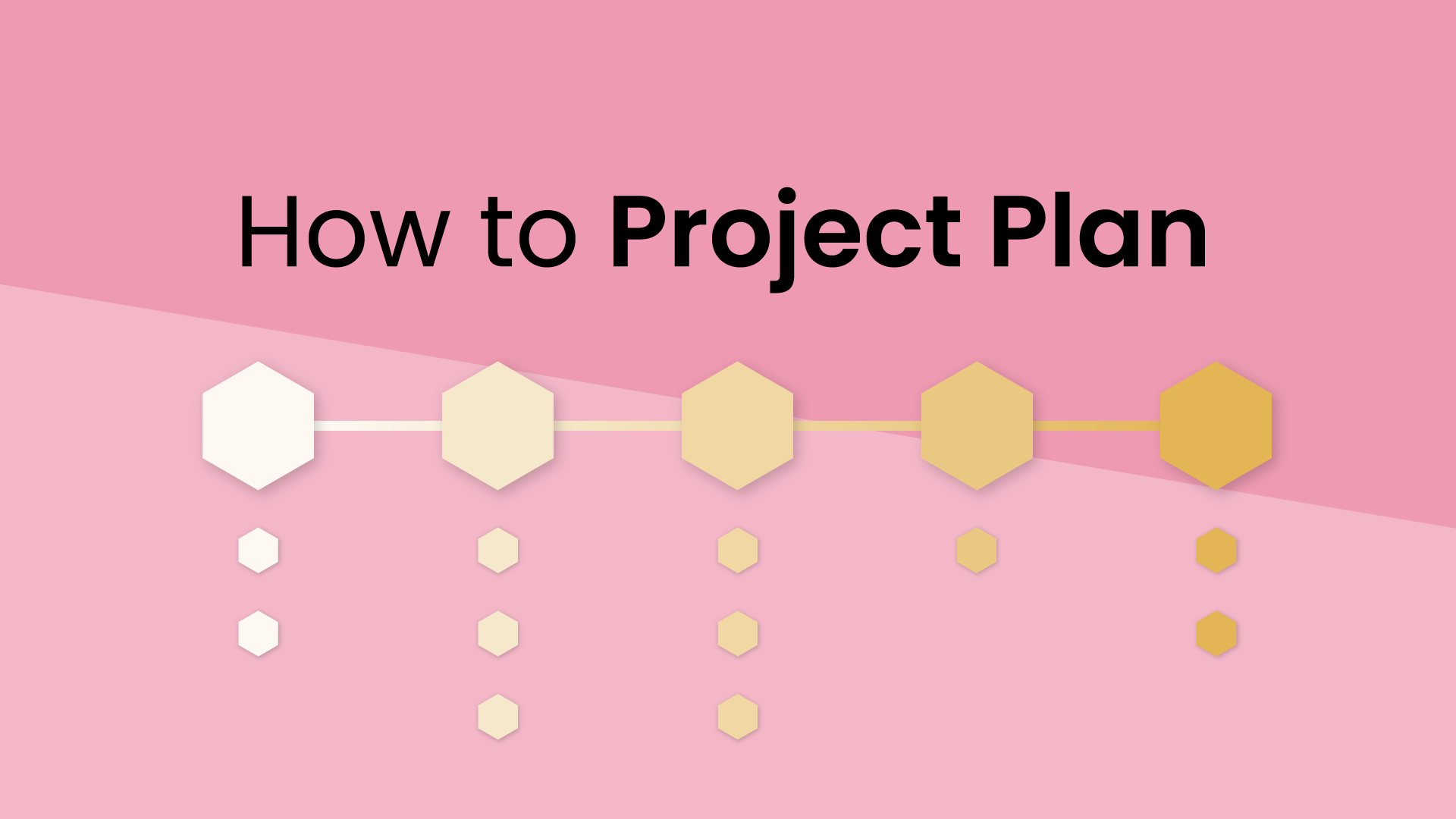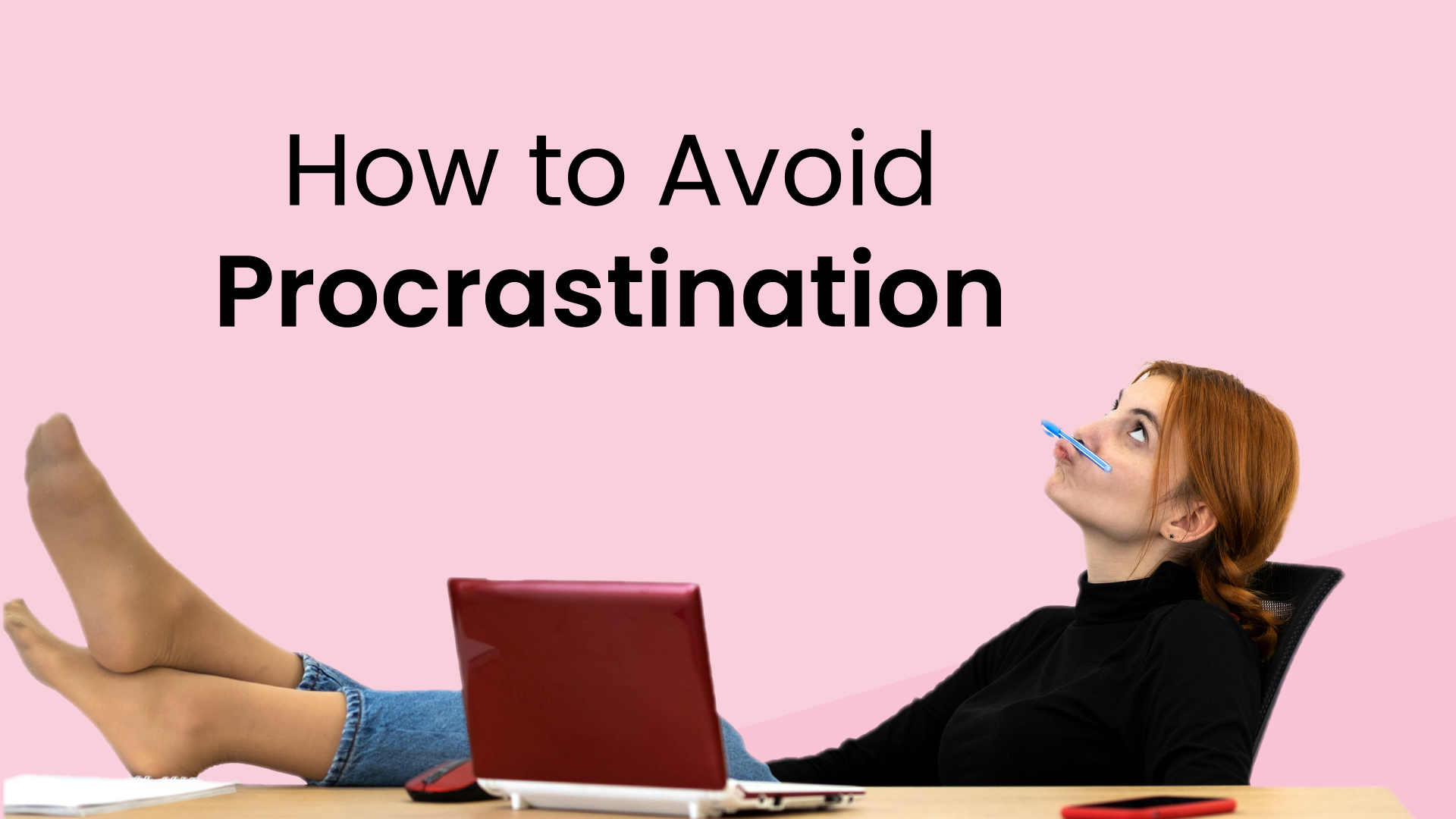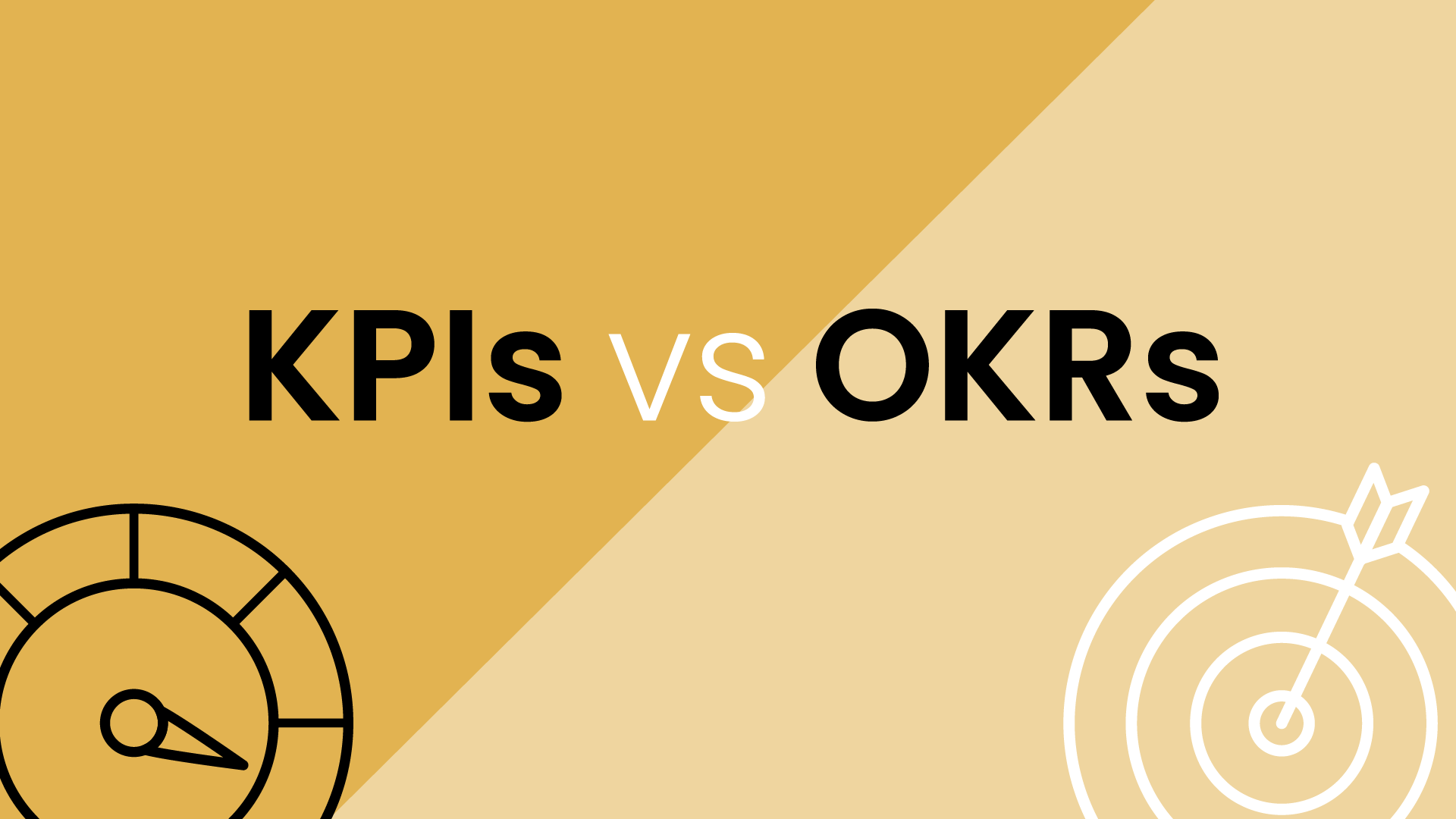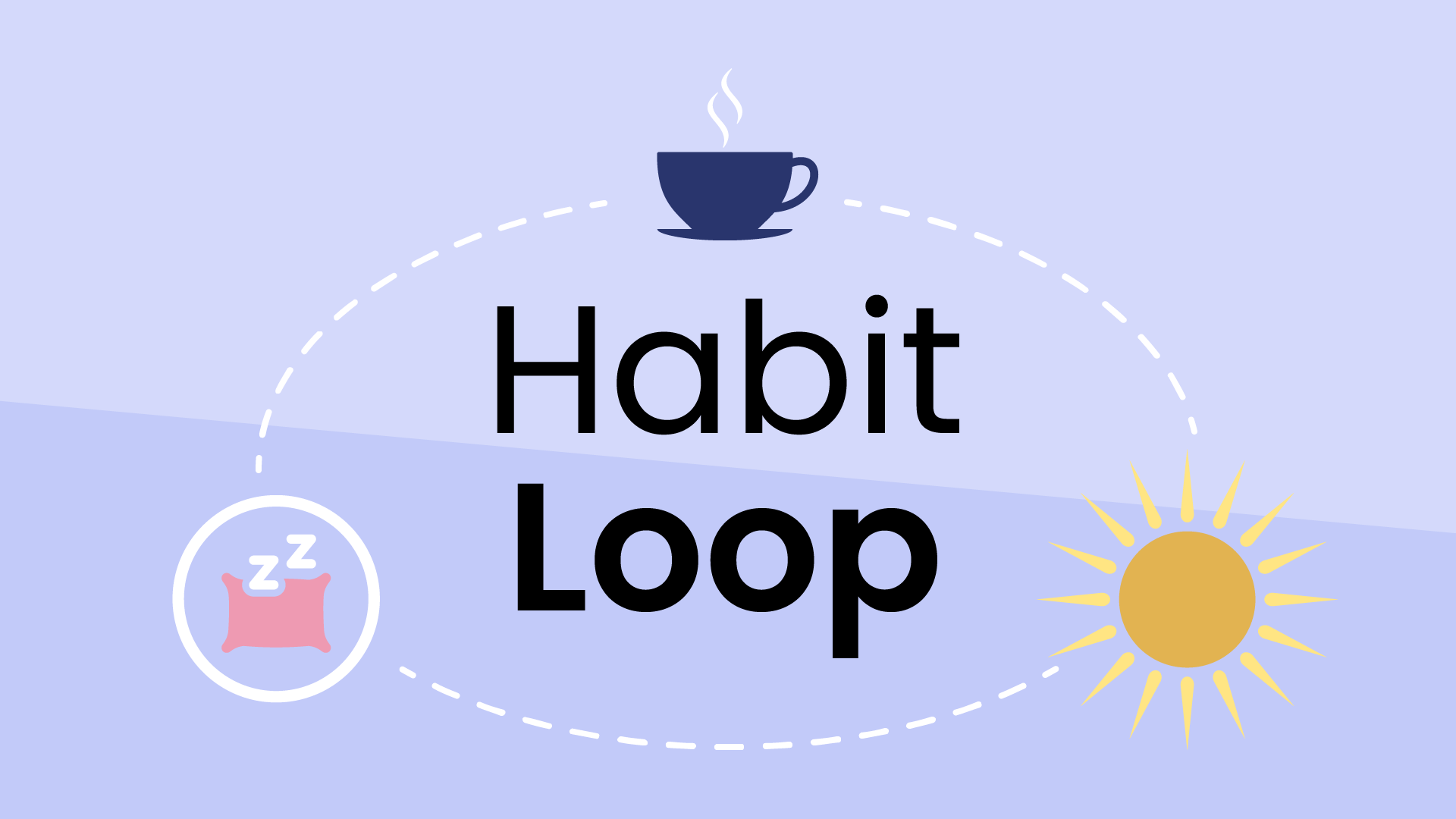

Mental clarity is one of those things that’s hard to grasp in the moment. You sit down to focus on a new task, only to find yourself thinking about five other things you have on your plate. Perhaps you reread the same email several times without being able to concentrate on the request, and once you’re finally through it, where should you start? If you’re struggling to find your aha! moment – you may be lacking mental clarity.
Mental clarity is hard to find in our over-stimulating world of constant demands and interruptions (the average worker is interrupted 31.6 times/day) from work and life. And many people think achieving mental clarity is only for the most disciplined or genetically gifted minds. Luckily, that's just not true.
In this guide, you'll learn what mental clarity really is, why you might be struggling to find it, and what you can do to get a sharper, clearer mind. Because the truth is, mental clarity isn't something you either have or you don't. It's a skill you can develop.
What is mental clarity?
Mental clarity refers to the state of having a calm, clear, and well-organized mind. When people talk about mental clarity, they often mean a heightened state of awareness, focus, and cognitive ease.
When you possess mental clarity, your thoughts flow smoothly and naturally. Decision-making and concentration become easier and distractions tend to fade into the background rather quickly. You experience what psychologists sometimes call a "state of cognitive ease," where your mental energy isn't drained by confusion, worry, or scattered thinking.
How does mental clarity feel?
So, what does mental clarity feel like? Here are some of the common sensations:
- Clear-headed thinking: Decisions feel straightforward rather than overwhelming.
- Increased alertness & energy: Your mind feels fresh and ready to engage.
- Better memory & recall: Information is easier to remember and retrieve on the spot.
- Less anxiety & stress: You're emotionally balanced and less reactive to stress.
- Greater creativity: Ideas and inspiration flow more naturally, fostering innovative thinking.
As you can imagine, mental clarity is not a new concept. Ancient Greek philosophers such as Plato and Aristotle emphasized clarity (specifically, they viewed reason as the proper guiding principle for emotions and desires) as an "intellectual virtue" – something we intentionally cultivate and practice, rather than just a temporary state. Modern neuroscience supports this ancient wisdom, demonstrating clearly that mental clarity is not just a fleeting feeling but rather a cognitive skill that can be trained and strengthened through intentional practice.
The takeaway is simple: mental clarity is not something you have or don't have; it's a meaningful skill you can continually improve through consistent habits and lifestyle choices (which we shall cover in the following sections).
The benefits of mental clarity
When achieved and sustained, mental clarity doesn't just feel good – it creates real, powerful benefits for your personal and professional life:
- Improved productivity: When your mind is clear, you work faster, accomplish more, and make fewer mistakes.
- Enhanced decision-making: Clear minds can better weigh pros and cons, see outcomes logically, and confidently pick the best path.
- Stronger relationships: A clear and calm state enhances empathy, communication, and emotional intelligence, improving your interactions significantly.
- Heightened creativity & innovation: Researchers have shown that a focused, clear state of mind boosts creative problem-solving abilities, making it easier to find novel ideas and insights.
- Better emotional health: Mental clarity helps regulate negative emotions – anxiety, stress, overwhelm – and contributes to greater resilience and improved overall mental health.
Lack of mental clarity causes
Feeling mentally foggy? This constant state of distracted mental haziness has actually become so common, neuroscientists are now calling this phenomenon “digital dementia.”
Think your screen is the only culprit? There are many more factors at play – let’s walk through why your mental sharpness is all too often replaced with brain fog.
1. Chronic stress & anxiety
Stress and anxiety dump cortisol and adrenaline into your body. Of course, these hormones are necessary and beneficial temporarily (think of the fight-or-flight response during emergencies), but chronic stress hormones actually impair cognitive functions like decision-making, memory, and concentration. And, as a result, your mind can feel foggy and unable to function in daily tasks over time.
2. Poor sleep & sleep interruptions
A 2025 study of over 26,000 people found sleep issues to be a major factor in cognitive clarity and brain function. Simply put, your brain health needs restful sleep to clear out the toxins (brain waste products) and strengthen neural connections. Even one night of bad sleep can impact your focus and decision-making. And chronic sleep disruptions lead directly to persistent brain fog.
3. Nutritional deficiencies
Nutritional deficiencies and poor nutrition can really take a toll on your brain. And that's because your brain is incredibly sensitive to the nutrients you put into your body. Proper nutrition is the foundation for optimal cognitive functioning – and that's directly linked to how effectively your neurons communicate. Diets heavy on sugar but light on the essential cognitive nutrients (omega-3 fatty acids, antioxidants, vitamins, and minerals) can lead to reduced mental clarity and awful brain fog.
4. Too much screen time
As we mentioned, neuroscientists are now warning of the risks and effects of excessive screen time on our cognition. Excessive reliance on digital devices has drastically affected our attentional reserves. In fact, researchers have found that attention spans have declined from 12 seconds in 2000 to just 8 seconds in 2013 (shorter than that of a goldfish).
Frequent smartphone use, multitasking, and continuously absorbing large amounts of information drains your cognitive resources, leaving you feeling mentally foggy and scattered. And, a study from 2019 demonstrates that quickly checking your phone during breaks does not recharge your mind – but can leave you even more cognitively drained.
5. Lack of regular physical exercise
Exercise isn’t just good for your physical health – it’s indispensable for optimal brain function. And studies consistently demonstrate the strong connection between movement, cognitive performance, and mental clarity.
When we lead sedentary lifestyles, blood flow and oxygen to the brain drop below optimal levels. This reduction in circulation doesn’t just make us feel physically tired – it hampers cognitive processes and reduces our ability to focus, pay attention, and make sharp decisions.
Physical activity also releases brain chemicals like serotonin and endorphins that improve mood and emotional resilience. When we’re not active our brains miss out on these neurochemicals and become more vulnerable to stress, anxiety, and emotional imbalance – all of which cloud mental clarity.
6. COVID-19 & Long COVID's cognitive impact
Emerging studies have linked COVID-19 disease, even without lingering symptoms, to significant cognitive impairment. Research revealed individuals recovering from COVID-19 showed altered patterns of brain activity during cognitive tasks, even after other symptoms have resolved.
Not only that, but separate research has shown individuals who suffered from "Long COVID" were more likely to experience lasting mental fog and clarity struggles.
7. The gut-brain connection
Recent findings suggest an unexpected link: gastrointestinal health. Poor gut health significantly impacts cognitive functions such as mental clarity and decision-making – experienced as digestive distress, imbalanced gut microbiome, etc. This leads to inflammatory responses throughout your body, negatively affecting mental sharpness and clarity. So yes, that stomachache or chronic gut issue you’ve been ignoring may actually be deeply harming your cognitive clarity.
7 simple tips to improve mental clarity
Now that you understand what mental clarity is – and what might be keeping you from experiencing it – let’s explore some strategies to achieve a sharper, clearer state of mind:
1. Practice mindfulness & meditation
Mindfulness and meditation strengthen your brain’s executive functioning, enabling clearer thinking, improved attention, and greater emotional resilience. Regular meditation practice – even short sessions – has been scientifically shown to help reduce stress hormones and boost your cognitive clarity.
Easy ways to get started:
- Use beginner-friendly meditation apps (e.g., Headspace, Calm, Waking Up).
- Try this simple daily 5-minute mindfulness exercise:
- Sit quietly, close your eyes, and focus on your breathing.
- Notice each inhale and exhale for five full minutes.
- Gently redirect your mind back to your breathing whenever you feel distracted.
2. Regular exercise & physical activity
Movement gets blood flowing, delivering oxygen and nutrients to your brain. Exercise grows your brain and balances your neurotransmitters, which directly improves memory and concentration.
Easy ways to get started:
- Walking or jogging daily (even short 15-30 minute walks).
- Yoga sessions, focusing on mindfulness and breathing.
- Aerobic exercises (running, cycling, swimming) for optimal cognitive benefit.
3. Improve your sleep routine
Quality sleep not only refreshes your body but clears out cognitive junk, so your brain can consolidate memories and regenerate mental clarity.
Easy ways to get started:
- Keep a consistent bedtime and waking routine.
- Avoid smartphones, tablets, and screens at least one hour before bed.
- Create ideal sleeping conditions: cool, dark, and quiet environments.
- Consider low-dose melatonin or calming nighttime routines (reading, relaxation techniques).
4. A healthy diet for better brain function
Cognitive clarity and energy mostly come from what you eat. Foods high in vitamins, antioxidants, and omega-'s directly support brain cells, concentration, memory, and cognitive endurance.
Easy ways to get started:
- Eat plenty of:
- Fatty fish (salmon, mackerel) for omega-3 fats.
- Blueberries, strawberries, and dark chocolate for antioxidants.
- Nuts and seeds (e.g., walnuts, almonds, chia) rich in healthy fats and brain-supportive nutrients.
- Hydrate consistently throughout the day to boost cognitive performance.
Quick tip: Drink a glass of water as soon as you wake up and you’ll instantly improve focus by combating mild dehydration.
5. Effectively manage stress & anxiety
Chronically high-stress hormones directly interfere with memory, learning, and decision-making, which can, of course, cloud your mental clarity. Therefore, effectively managing stress will dramatically improve cognitive sharpness and resilience.
Easy ways to get started:
- Deep breathing exercise: Practice slow deep breathing (4 seconds inhale, 4 seconds hold, 4 seconds exhale) whenever you’re stressed or anxious.
- Journaling: Writing down your worries can help “offload” distracting stressors from your mind and free up cognitive resources.
- Short mental breaks: Schedule short daily breaks for mindfulness, stretching, or creative outlets (drawing, music, nature exposure).
Quick tip: Stoic philosophy suggests briefly visualizing and calmly accepting negative scenarios ("negative visualization") as a simple yet impactful way to reduce anxiety-based cognitive fog.
6. Reduce distractions & limit screen time
Digital distractions from notifications, emails, and social media drain your cognitive resources and muddy your mind. Multitasking and excessive screen time have been shown to decrease productivity, increase stress, and weaken memory.
Easy ways to get started:
- Silence non-essential app notifications.
- Use the Pomodoro Technique: focus for 25 minutes, then 5-minute device-free breaks.
- Set specific digital-free times each day (e.g. morning, meals, bedtime).
- Designate certain areas or rooms tech-free for relaxation and clarity.
- Plan digital detox days or weekends.
7. Prioritize a healthy work-life balance
Poor work-life balance can easily impact your mental clarity, cognitive performance, and overall mental well being. Our Burnout Trends Reports reveal some shocking statistics:
- 69.3% of professionals work more than 40 hours weekly. On average, full-time employees now work 47.6 hours per week – nearly 7 extra workweeks per year beyond standard schedules.
- 60.2% of employees report experiencing burnout, with 52.2% specifically citing poor work-life balance and inadequate time off as key contributors.
Too much workload and blurred boundaries between work and personal time can lead to increased mental fatigue, which, in turn, will reduce your mental clarity.
Easy ways to get started:
- Set clear boundaries: Stick to defined work hours as closely as possible, and clearly communicate these hours to colleagues.
- Scheduled disconnect time: Reserve daily periods for rest, family, or hobbies – completely disconnected from email and notifications.
- Regular breaks & PTO: Use scheduled time off proactively. Short daily breaks and periodic longer vacations prevent the buildup of fatigue and stress.
- Say no more often: Avoid taking on tasks or assignments beyond your scope that lead to burnout.
Your journey to mental clarity starts now 🧠
Mental clarity isn’t just for the privileged few – it’s a skill anyone can develop by making simple, consistent changes to their daily habits.
We’ve covered what mental clarity is and the science behind it.
Now it’s time for the most important part – action.
Pick one or two of the techniques from this article and do them today. Small, intentional changes over time can add up to big changes in your productivity, relationships, creativity, and emotional well-being.
Trend Reports
Ready for an
AI calendar?
Auto-schedule focus time, meetings, & breaks on Google Calendar + Outlook Calendar.
Start scheduling →It's free! 🎉

























